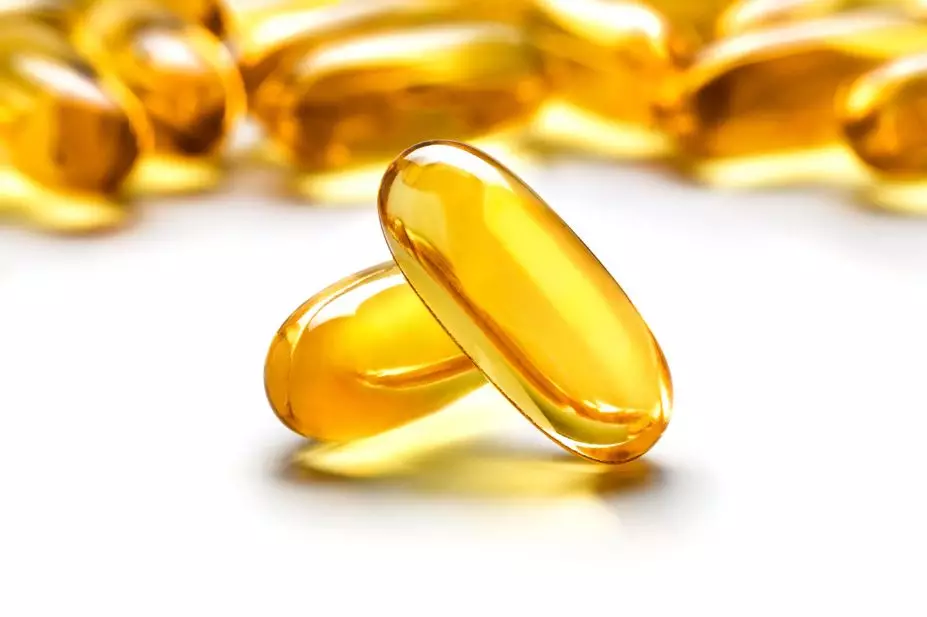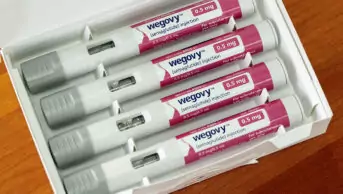
Shutterstock.com
Omega-3 fish oil supplements improve attention and vigilance in young people with attention-deficit hyperactivity disorder (ADHD), who have low levels of omega-3, a study in Translational Psychiatry (20 November) suggests[1]
.
The researchers carried out a 12-week, randomised controlled trial with 92 young people, aged 6–18 years old, with ADHD. The participants were given either a high dose of the omega-3 fatty acid (eicosapentaenoic acid [EPA]) or placebo.
Participants were assessed for four items of the Continuous Performance Test — focused attention, impulsivity, sustained attention and vigilance — at baseline and at week 12.
Overall, focused attention in the EPA group improved more than in the placebo group (effect size 0.38), with the improvement in focused attention and vigilance being more pronounced in children who had the lowest baseline levels of EPA (effect size 0.89 and 0.83, respectively).
In contrast, young people with the highest baseline EPA levels were found to improve less than those in the placebo group when it came to impulsivity.
“Our results suggest that fish oil supplements are at least as effective as conventional pharmacological treatments among those children with ADHD who have omega-3 deficiency, at least in improving attention” said Jane Chang, clinical researcher at the Institute of Psychiatry, Psychology and Neuroscience at King’s College London and co-lead researcher of the study.
“On the other hand, it is possible to have too much of a good thing … our study suggests there could be negative effects for some children.”
References
[1] Chang J, Su K-P, Mondelli V et al. High-dose eicosapentaenoic acid (EPA) improves attention and vigilance in children and adolescents with attention deficit hyperactivity disorder (ADHD) and low endogenous EPA levels. Trans Psych 2019;9(303). doi: 10.1038/s41398-019-0633-0


